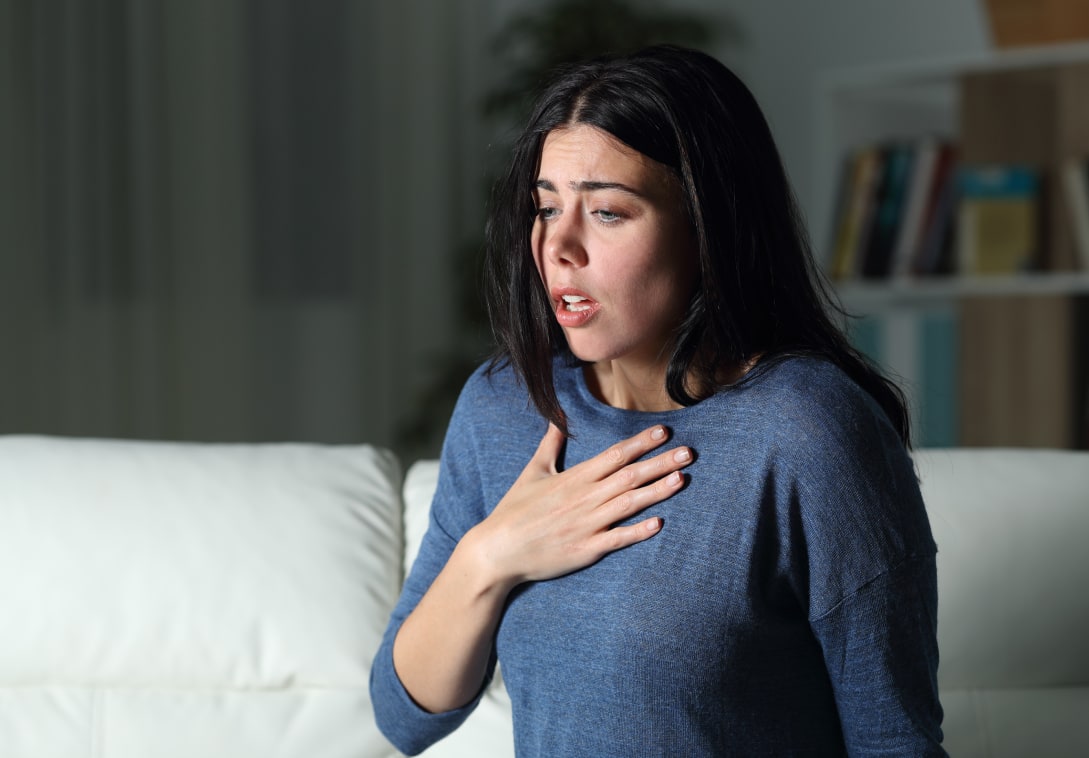OUR PIPELINE
Our approach combines Respira’s state-of-the-art AOS™ dry-powder inhaler device and proprietary inhaled drug formulation technologies to enhance dose consistency and drug targeting to the small airways of the lung.
RT234-PAH
First-in-class inhaled therapy
Respira’s lead drug-device product candidate, RT234-PAH, is a first-in-class inhaled therapy intended for as-needed (PRN) use to improve exercise tolerance and provide acute relief from breathlessness and fatigue, the most commonly reported symptoms in pulmonary arterial hypertension (PAH) patients (Group 1 in the World Health Organization’s classification of pulmonary hypertension indications). This contrasts with all other current PAH treatments, which are taken according to a chronic treatment regimen and monitored for chronic improvements in outcome measures.
RT234 demonstrated robust safety margins in preclinical testing and was well tolerated in Phase 1 clinical studies, with pharmacokinetic profiles consistent with expectations for a PRN medication.
Respira has received FDA Orphan Drug designation for the active ingredient in RT234 (vardenafil, a potent vasodilator that is FDA-approved in an oral form for a non-PAH indication) for the treatment of PAH and is currently in Phase 2 clinical testing for this indication.
Learn more about our Phase 2B clinical trial in PAH [here]


